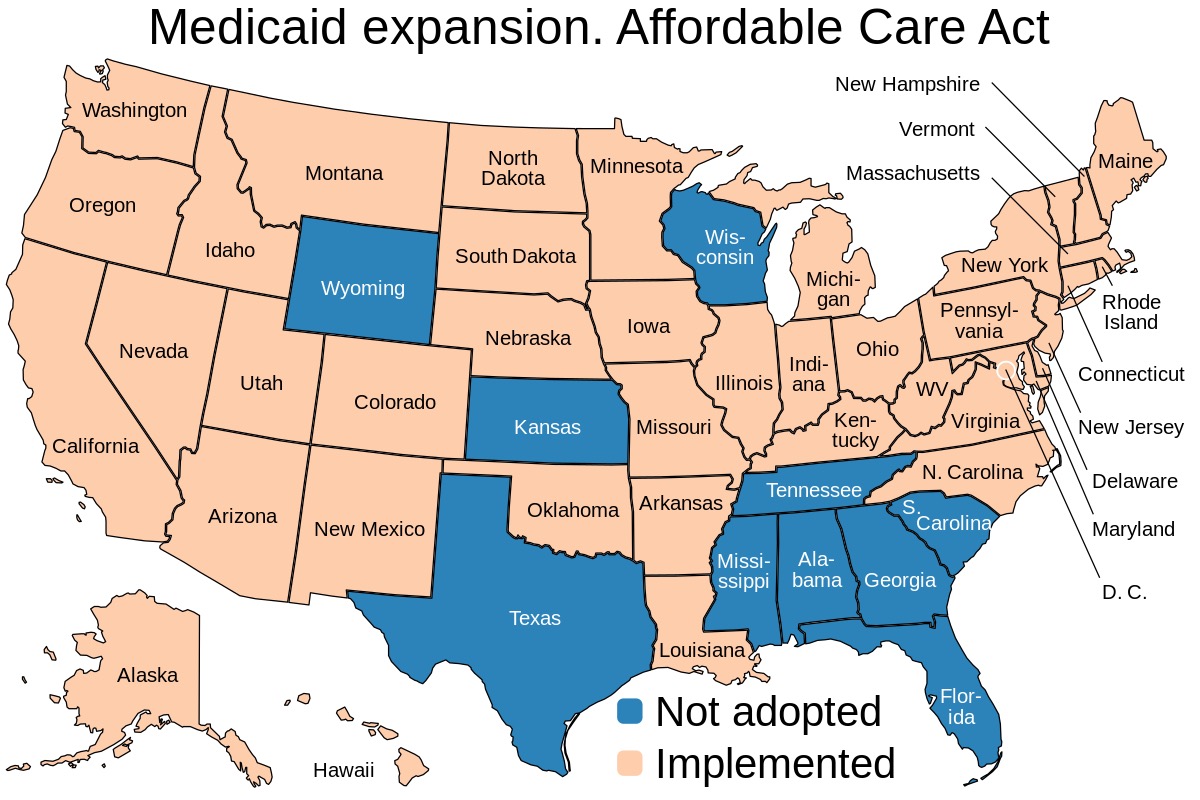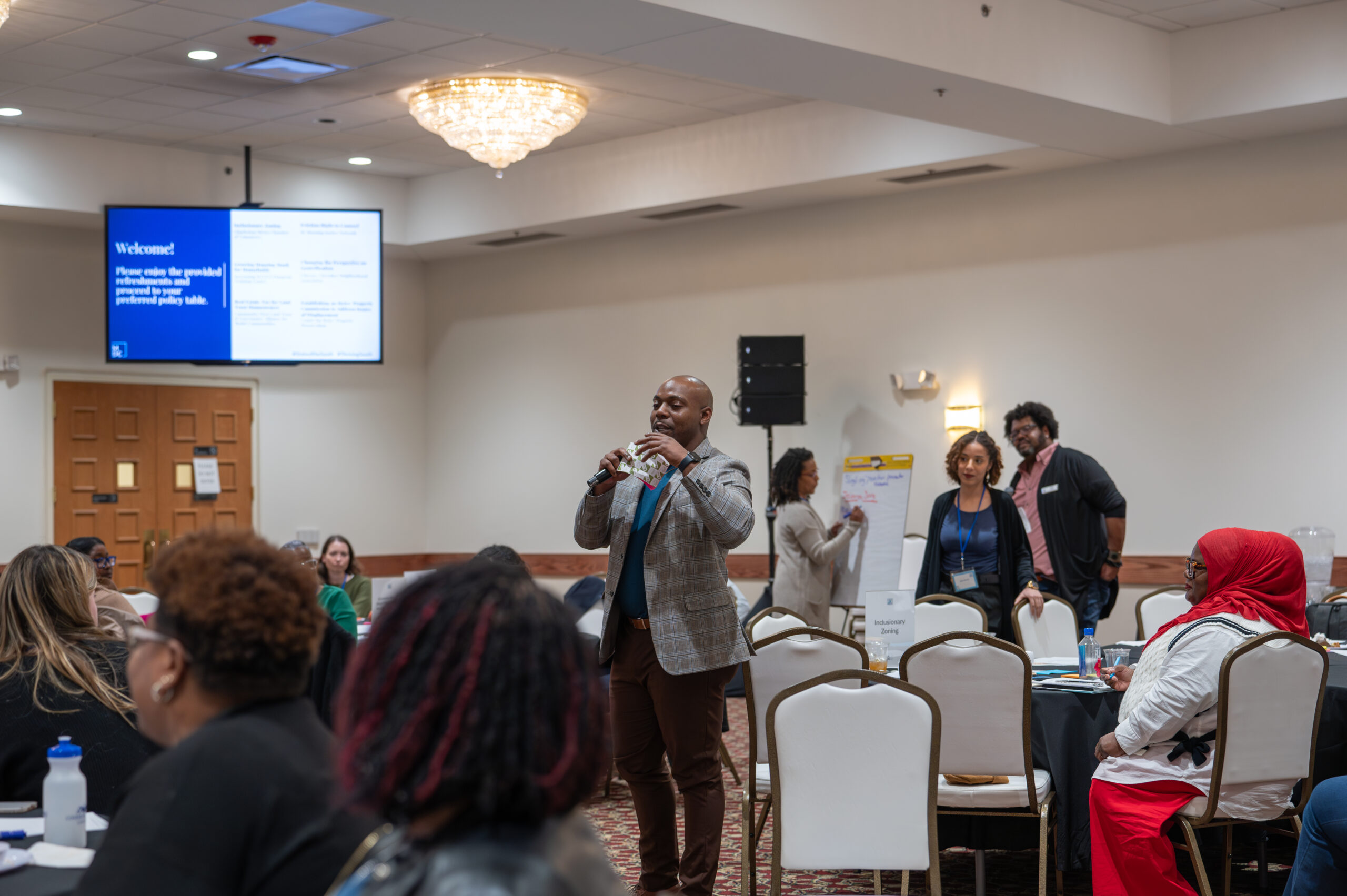MDC’s State of the South 2018 calls for Southerners to “recover their courage” and build a region where all can belong, thrive, and contribute
Apr 10, 2018
 MDC marked its 50th anniversary April 10 with the release of our 2018 State of the South report, “Recovering Our Courage,” a look back at where we’ve been since MDC’s founding and ahead at where we need to go.
MDC marked its 50th anniversary April 10 with the release of our 2018 State of the South report, “Recovering Our Courage,” a look back at where we’ve been since MDC’s founding and ahead at where we need to go.
The report’s conclusion: Though indicators such as educational attainment beyond high school have improved and median income has grown, there are still staggering disparities across racial lines, and children born into low-income households have little chance of doing better than their parents.
“The vision of an inclusive and thriving South is still elusive,” the report says. “We have substituted a culture of withdrawal for a culture of investment. Today, we see the re-segregation of schools and the persistence of racial disparities in housing and employment, some enabled by state and federal legislation, some perpetuated by structural inequities that laws didn’t remove or relieve.”
Read and download the Executive Summary
Read the full report at www.stateofthesouth.org
Read and listen to coverage of the report in The New York Times here, on Atlanta NPR station WABE-FM here, Charlotte NPR station WFAE-FM here, and an interview with MDC President David Dodson on North Carolina Spectrum News here (go to 14:38).
MDC is grateful for support of the State of the South 2018 from the North Carolina GlaxoSmithKline Foundation, Wells Fargo, The Duke Endowment, Knight Foundation, and The N.C. Fund Legacies Fund at the Triangle Community Foundation.
Key Findings
Among the report’s key findings:
- Most Southern states still lag the national average in K-12 achievement.
- Traditional public schools continue to educate eight out of 10 Southern young people, and as states have expanded school choices, a decade of budgetary austerity has left most states with a lower level of public investment in public schools than before the Great Recession.
- From 2011-2016, almost every Southern state reduced fiscal support for higher education.
- While a larger percentage of whites and African Americans now receive postsecondary credentials than 50 years ago, the disparity among whites and African Americans has grown in most Southern states.
- To fuel their economies, Southern states now rely heavily on imported talent; in every state in the region, born-out-of-state newcomers exceed born-in-state residents in holding bachelor’s and post-graduate degrees, highlighting out states’ dependence on imported, well-educated workers over building their own talent-development systems.

- While 77 percent of Southern adults over 75 identify as white, only 46 percent of Southern children under 15 identify similarly, making the South a region that, after struggling to achieve black/white equity, now must expand what it means to be equal and inclusive.
- The South has hubs of excellence and innovation in medicine, health, and science, yet millions of Southerners still lack adequate health insurance; the failure to expand Medicaid in states across the South not only has made it difficult for patients to receive and afford care, but for rural hospitals to keep their doors open.
- The American South has 54 million more residents today than five decades ago and accounted for 49 percent of total U.S. population growth since 1970. States along the Atlantic seaboard, as well as Texas, have grown more robustly than states of the inner-South. Texas, Florida, Georgia, and North Carolina all have more than doubled in size and account for three-fourths of the region’s population growth during this period.

Data and Insights
The 2018 State of the South report highlights significant data on education, income, employment, demographics, population growth, health, incarceration, and in-migration, much of it compared to data from the 1960s.
It also examines the South through three lenses critical to social and economic progress:
- Belonging—Enabling full participation and inclusion in civic and economic institutions by all Southerners
- Thriving—Creating a more economically dynamic region by removing structural barriers and building support systems that generate wealth and spread its benefits
- Contributing—Laying the foundation for current and future wellbeing through deliberate investment and conscious engagement of once-marginalized voices who can define their priorities.
The reports goes on to ask: “Can the levers of progress that helped us move forward before be elevated and reinvigorated to do so again?” and challenges Southerners to look back and find the courage to recommit to deliberate action that will engage progress, not backsliding, including:
- Community investment to build an “infrastructure of opportunity”—the policies and systemic practices that create clear and deliberate pathways to connect young people with educational credentials and jobs that pay a family-sustaining wage.
- Creating a symbiotic relationship between urban and rural areas that can provide economic opportunity and workforce pathways for both.
- Creating a strong, dual-customer talent development system that enables both workers and employers to be competitive in the marketplace.
- Acknowledging and addressing the shifting demographics of increasing racial and ethnic diversity in the region.








